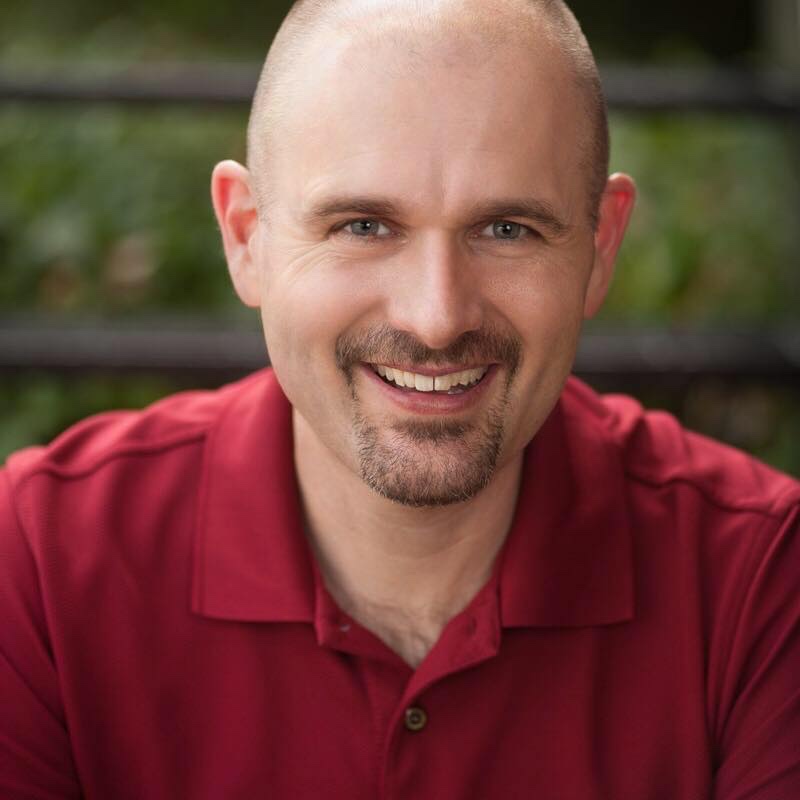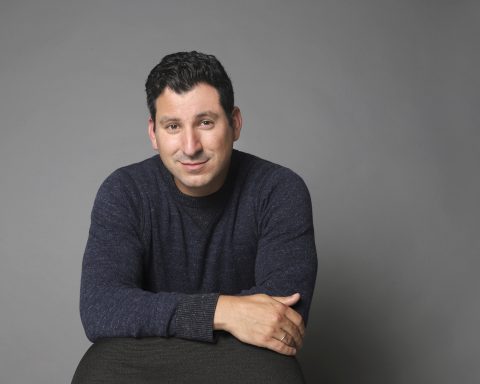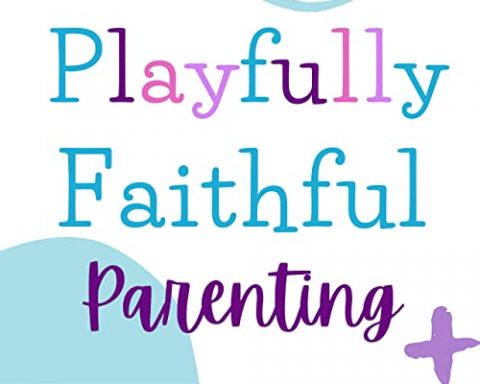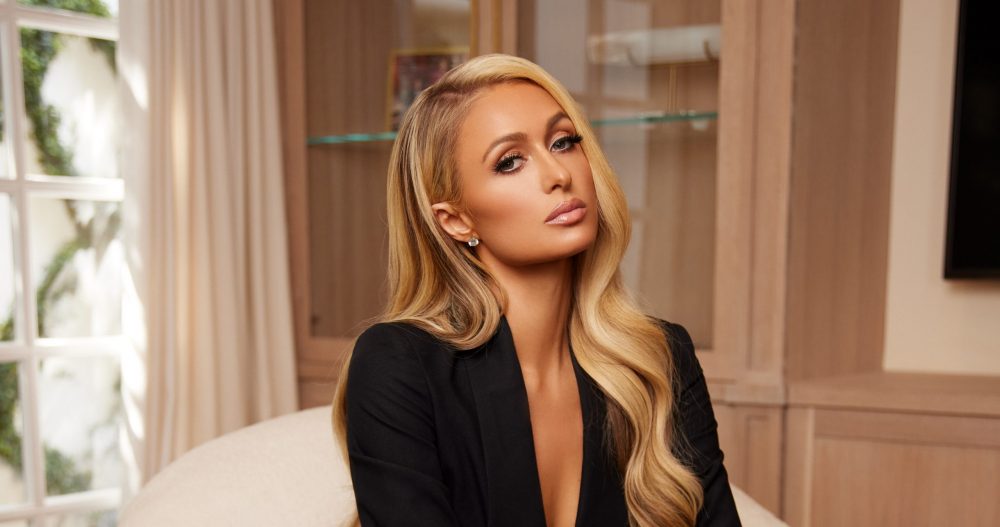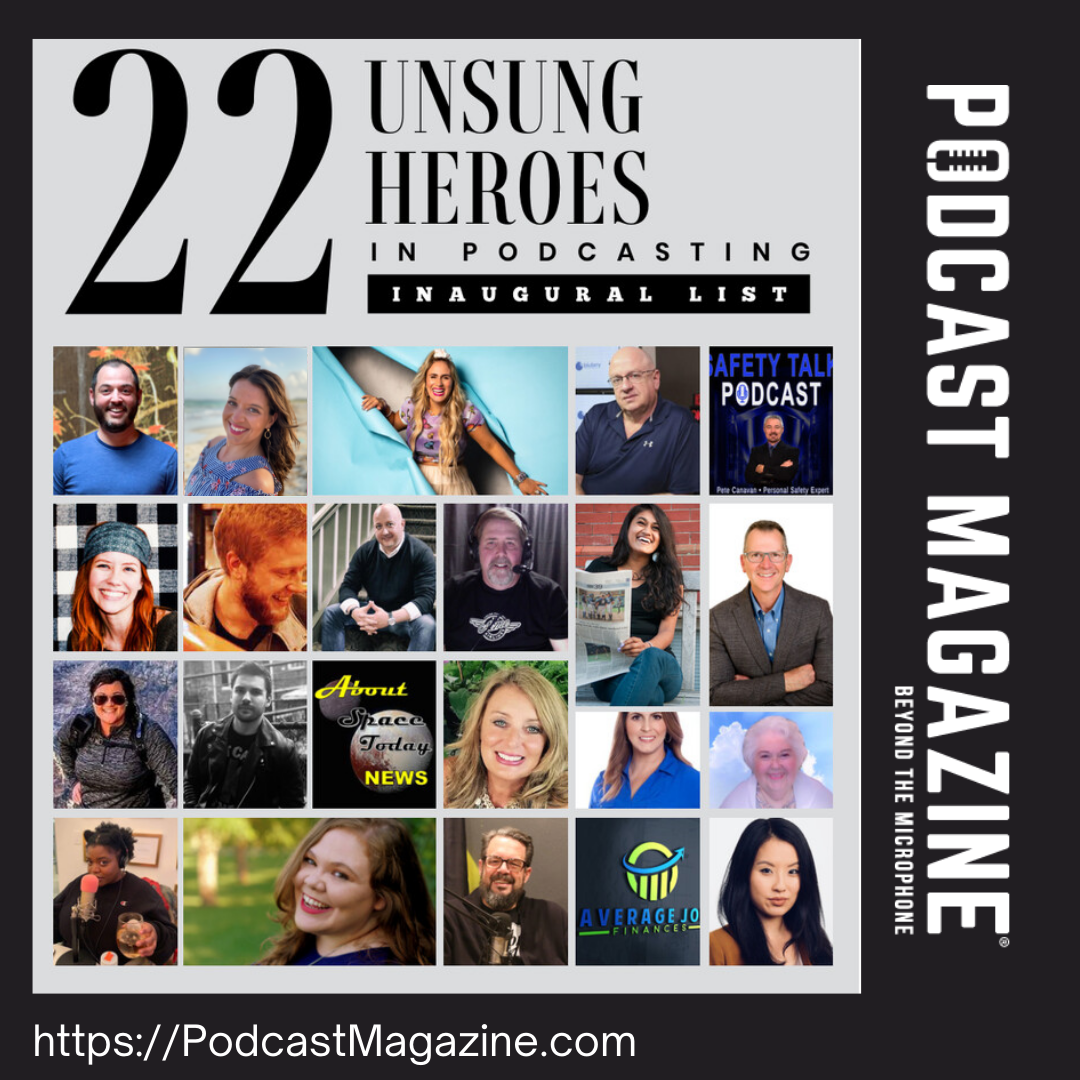The podcasting industry has many nooks and crannies from which businesses can evolve. Some you can see, while others are more hidden. One such hidden corner is the world of the professional podcast editor.
Podcast editors operate in the background, but their influence is profound. Their choices during post-production make or break an audio recording, and the philosophical approach an editor takes impacts results.
Just as every podcaster has their own journey, so does each editor… including, generally speaking, prior experience with podcasting.
For instance, Bryan Entzminger, the man behind Top Tier Audio, grew his business from his own podcast. He started with a segment produced by a friend, and then spun off as its own show. As he continued to edit, he realized it was time to invest in training, and when he did, he also began collecting clients.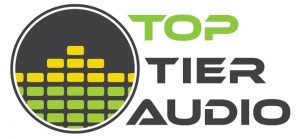
Similarly, Michael Jerry of Miti Productions started his own podcast interviewing people he met while driving for Uber. “What really energized me was the post-production work,” he remembered. He enjoyed cleaning up a conversation to make everyone sound smarter, and this is when he knew he wanted to become an editor.
Others get into it because they love audio in other formats. Matthew Sterkenburg of Podcast Strong was always an audio guy who focused on live audio, especially at church. One day, after being disappointed by the poor audio quality of a podcast he loved, he reached out. “I love your podcast, but the audio is horrible,” he wrote to the hosts. He even offered them a three-month free trial, which grew into a paid gig.
Steve Stewart followed his passion for personal finance straight to hosting a podcast to promote his services. When his friends in the industry wanted to start their own shows, they turned to him for his expertise. They didn’t want to do the editing work themselves, and were in fact happy to pay him to do it.
While editors are always looking for new clients, it’s not as simple as merely connecting with prospects. Especially for those with a religious background, they crave meaning as part of the work. “It has to resonate with me,” explained Jerry. “If I’m spending thirty minutes to an hour listening to someone talk, it has to resonate.”
“You can’t do this job if you don’t love stories,” reflected Sterkenburg. Part of the value in the work is hearing the stories shared in the episodes and contributing to the art of podcasting.
“Editing someone else’s interview is an art form,” Entzminger added, revealing his approach. “It’s a creative endeavor.” And while it would be easy to assume that the post-production phase of creating a podcast episode is the least important, Entzminger doesn’t think so.
“It’s a zillion tiny decisions made in the moment. You can never see the whole thing at once; you can only see the progress,” he said. “It needs to feel right. The pacing needs to flow.” Getting that “feel right” effect requires more than simply knowing audio—you have to know your client, too.
To podcasters who spend more time worrying about their content than the quality of their audio, you should know you’re presenting a challenge for editors:
“I wish people knew how much better their show could sound if they spent a little more time capturing a good recording on the front end instead of relying on someone on the back end to fix it,” Entzminger said. “I can fix a lot of stuff, and I can make it sound good. But I can’t make it sound as good as it would if it were recorded right the first time.”
Not only that, but bad audio quality could be costing you listens. “If your audience can’t connect with what you are saying because there are distractions, you’re going to lose them,” explained Jerry.
Audio editing can certainly be tricky business, for several reasons. One of which is that the work is dependent on others. Audio editors also often face the problem of delivering finished audio before their clients need it. So what happens when they need it on a quicker turnaround than normal? Is the editor forced to sacrifice a weekend day to meet the need?
Stewart has a creative solution. He charges an optional $35 rush fee to bend his normal timelines. He offers to waive the fee if the client sends his wife flowers, instead. It’s his way of making up for working on the weekend, and occasionally, she does get a bouquet.
The tools for great audio are readily available and less expensive than ever. “Nobody has an excuse for bad audio anymore,” said Stewart.
“The room is two-thirds of the recording,” Entzminger added. “Invest in making your room, mic, and tools the best you can.”
And if you really want great audio, hire a podcast editor.
March 2022 Issue


